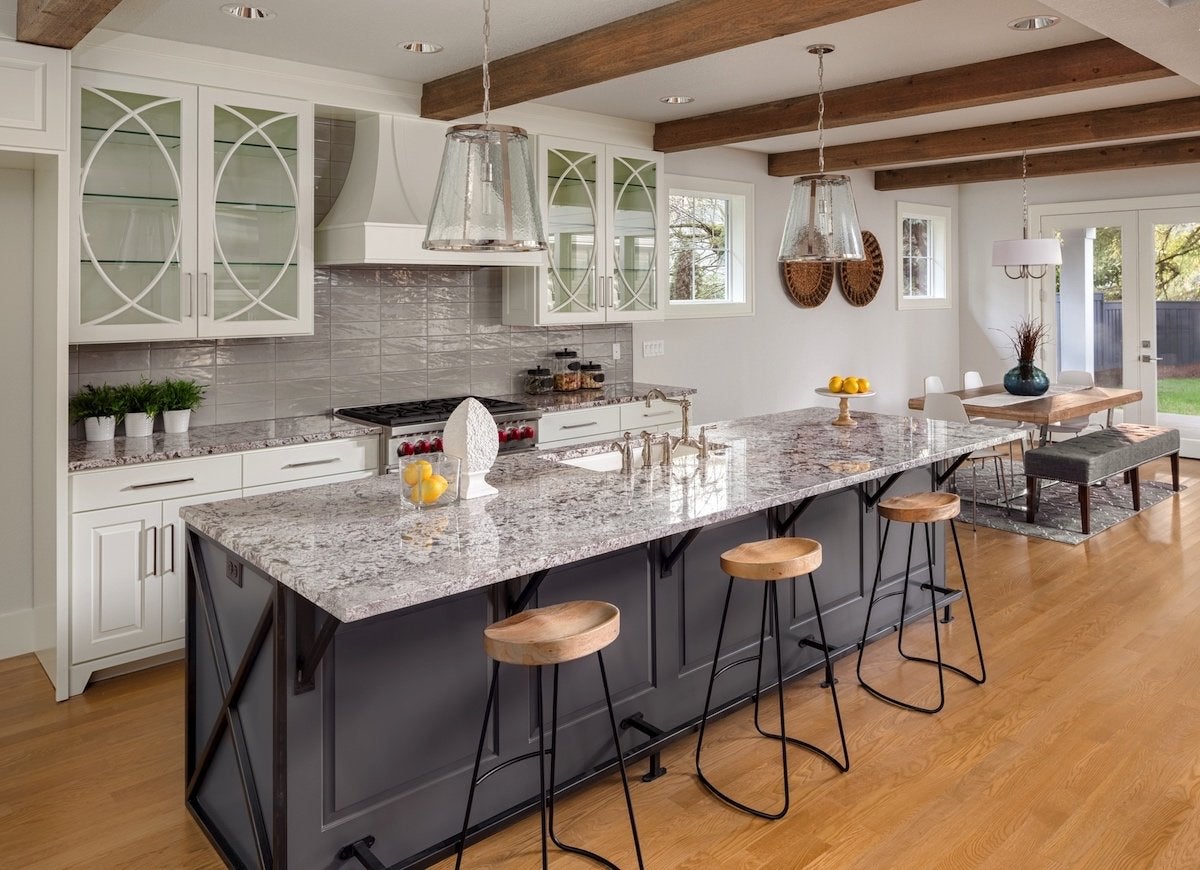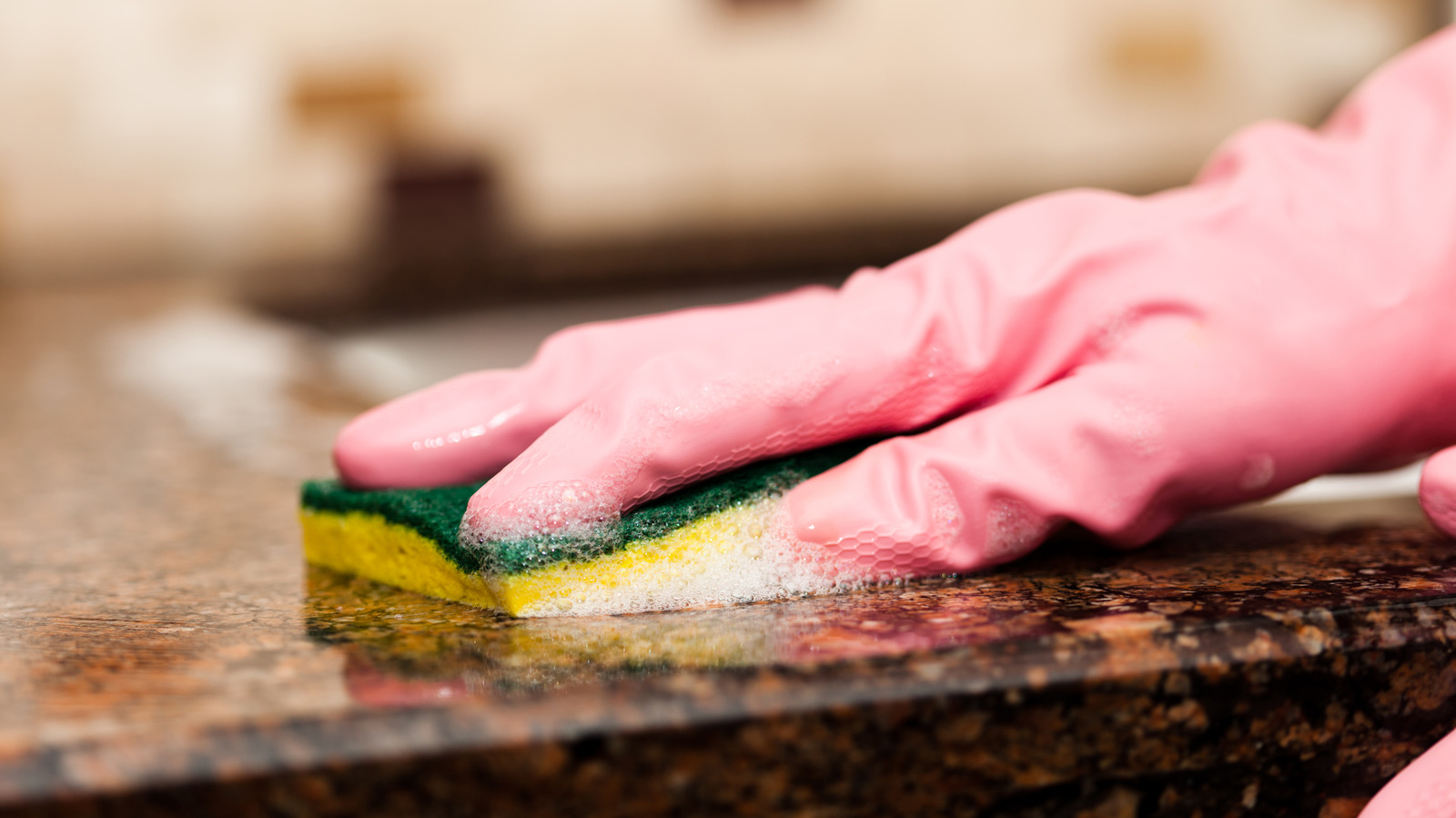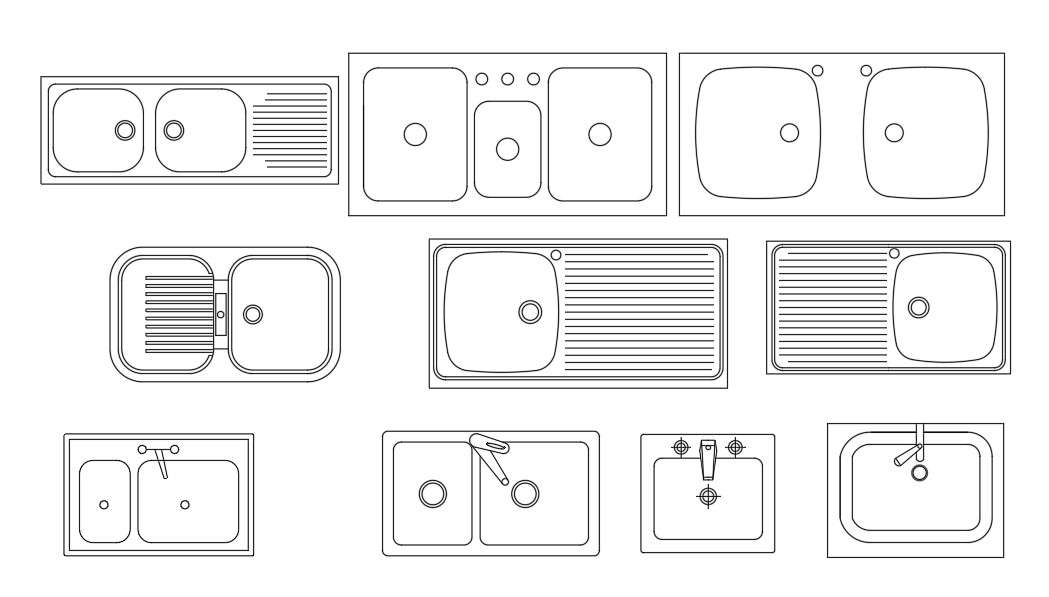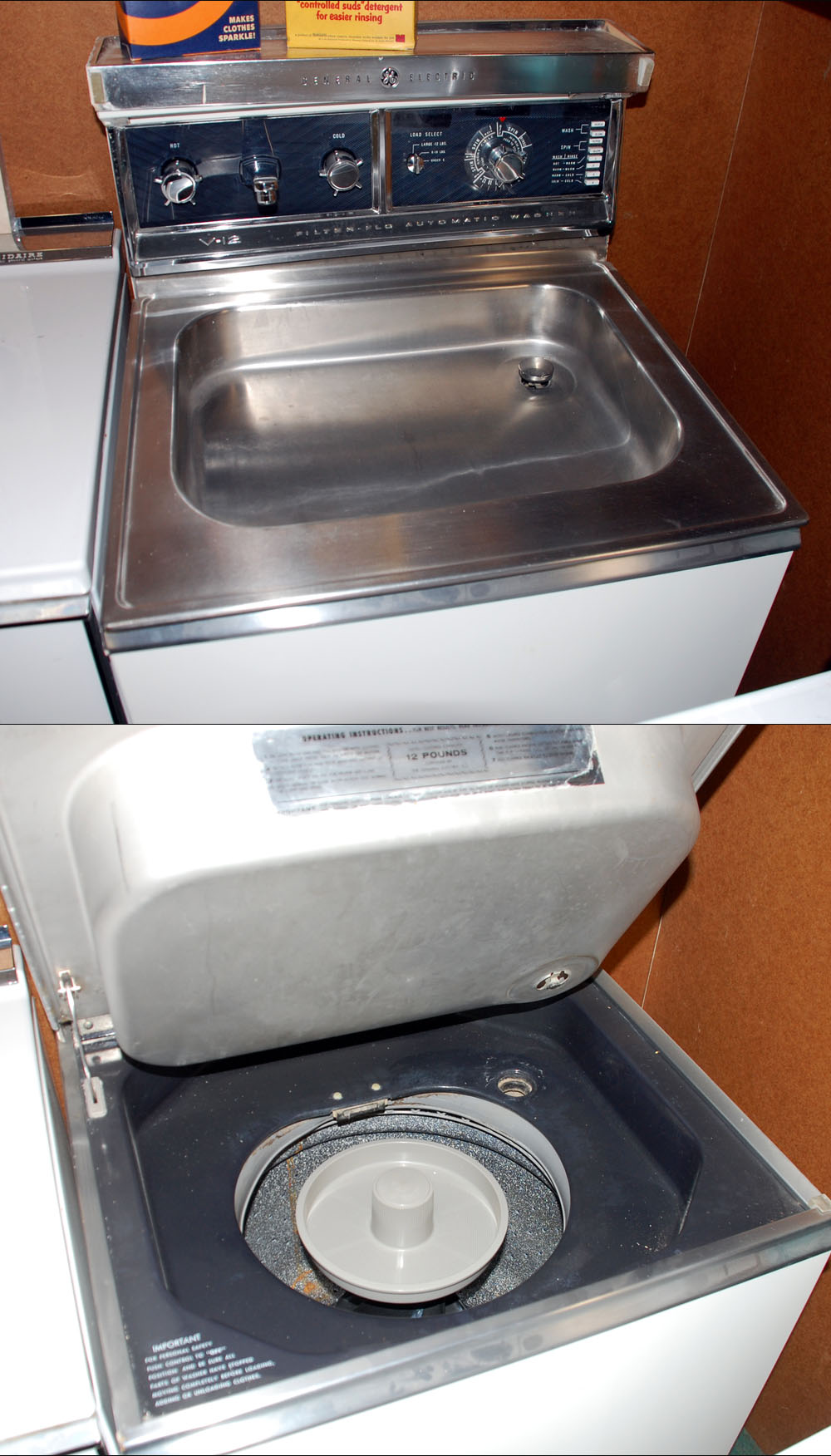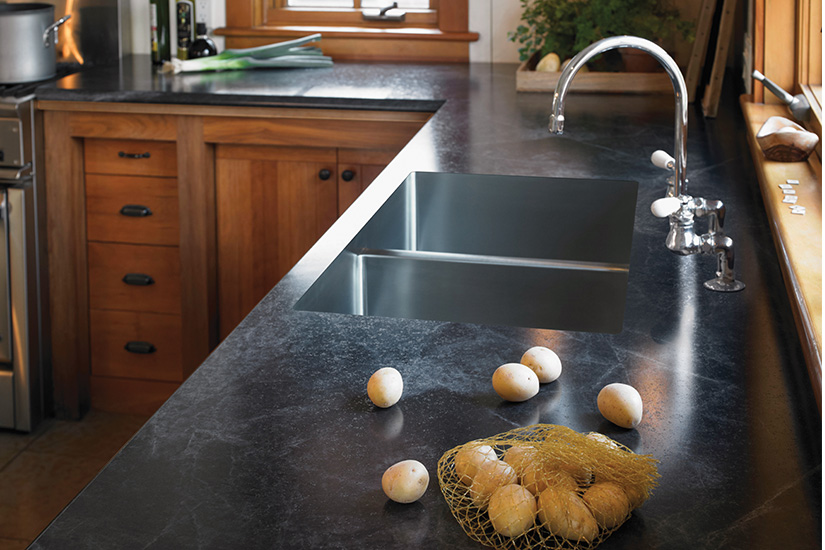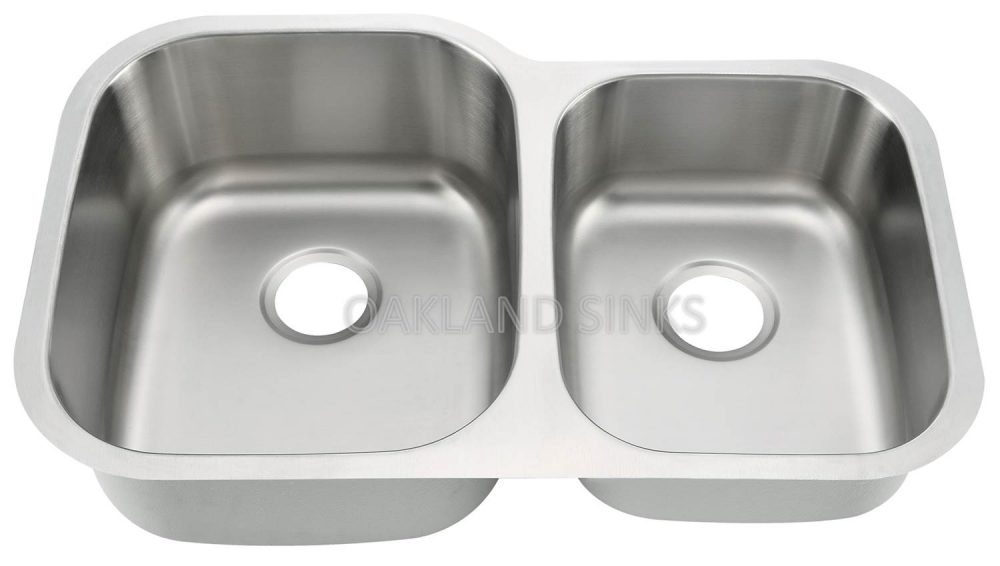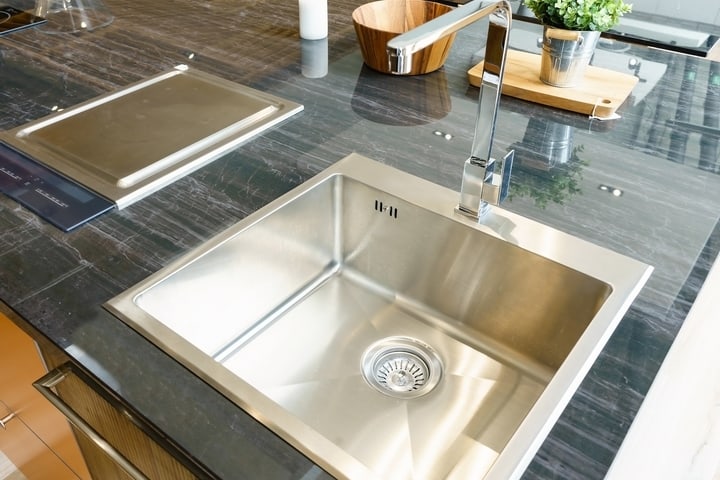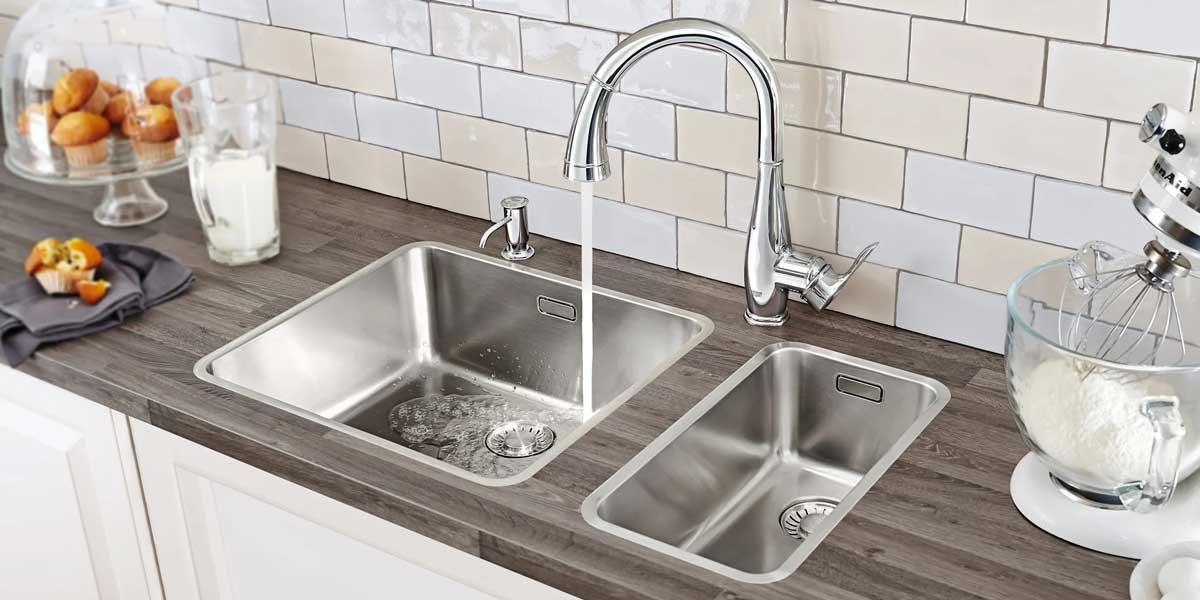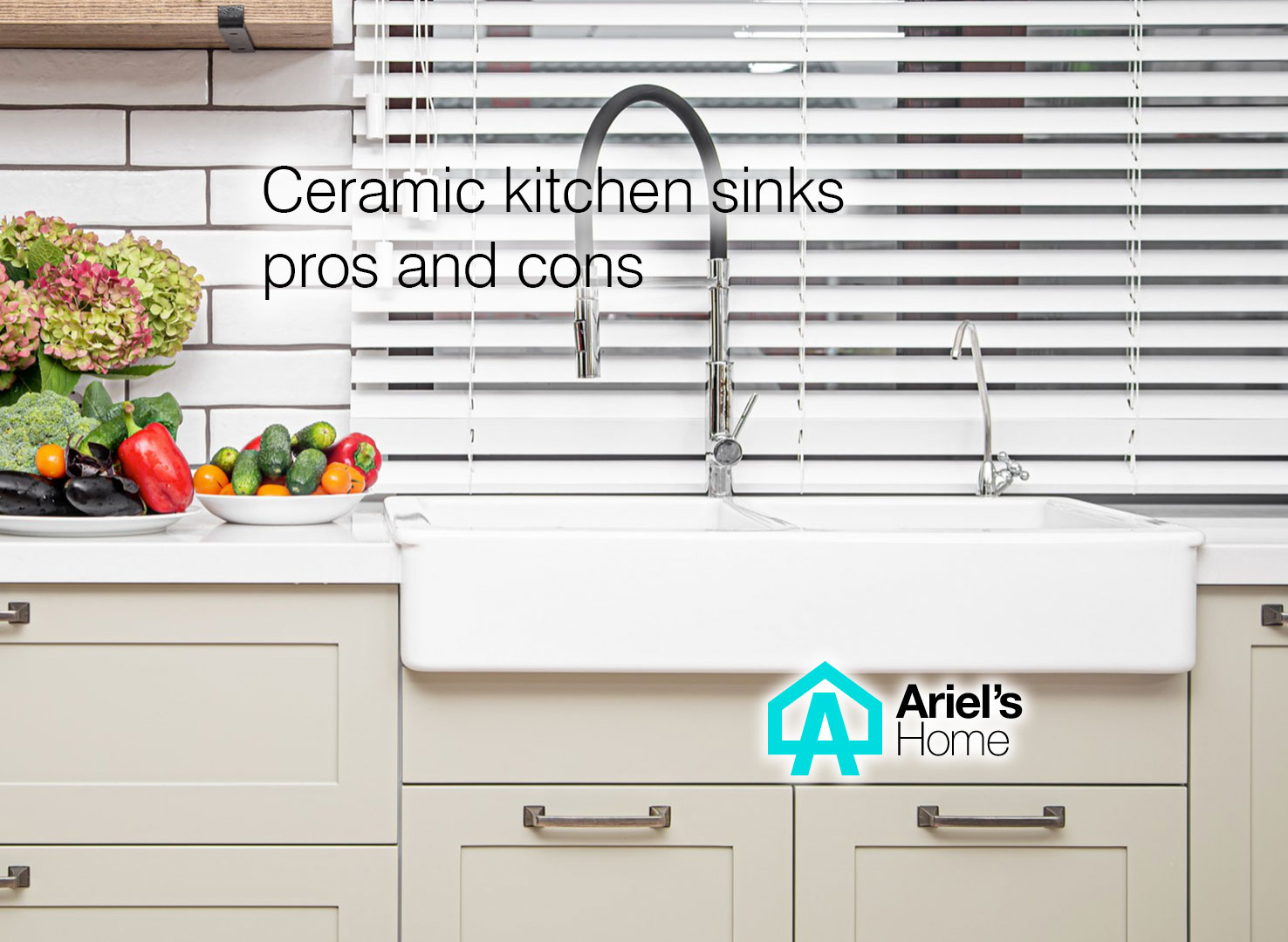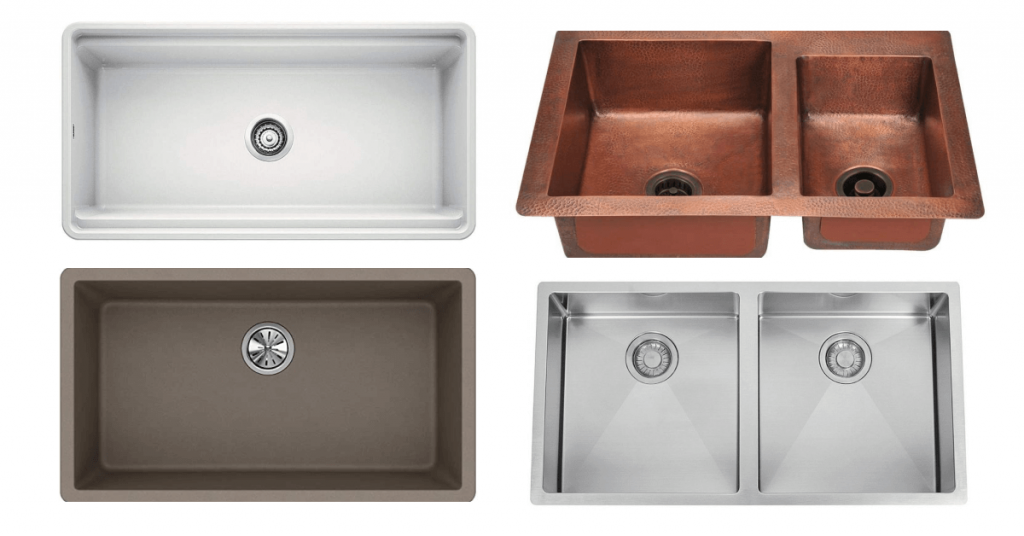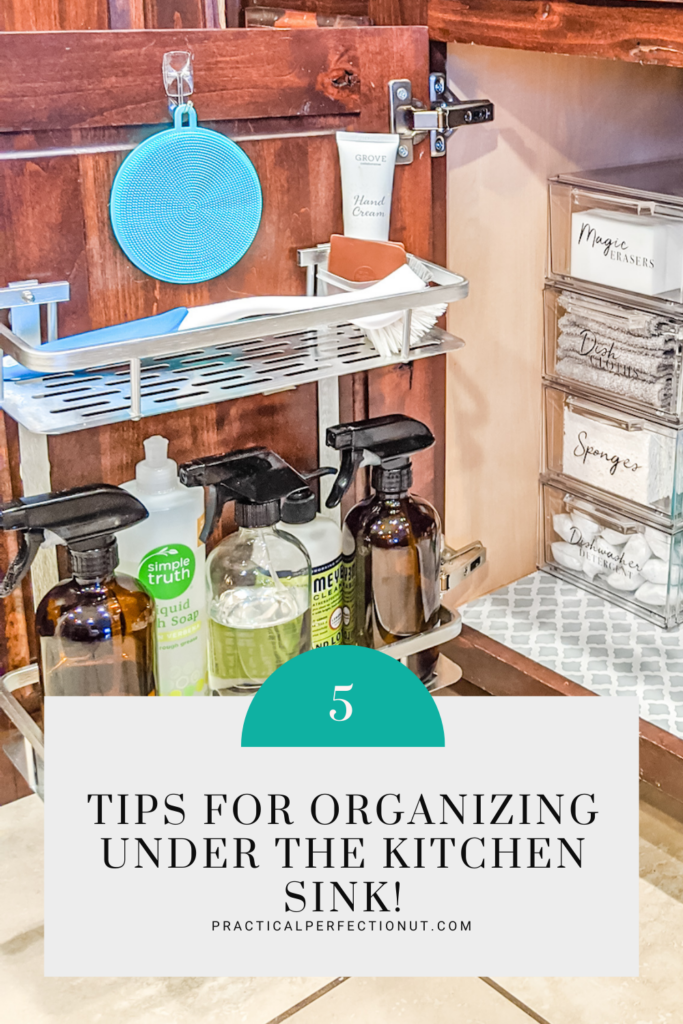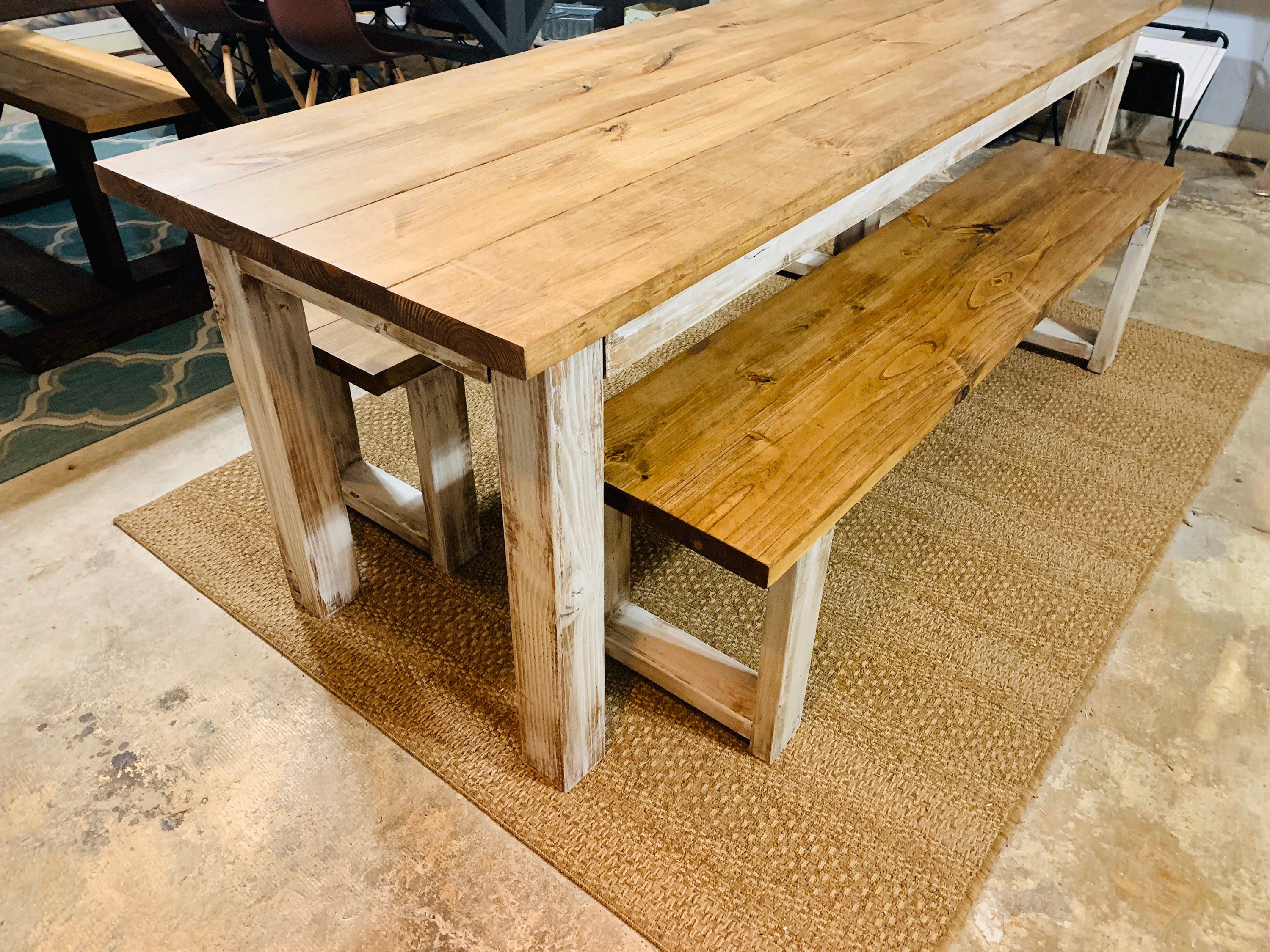If you're in the process of renovating your kitchen or simply looking to upgrade your sink, it's important to consider the weight of the sink in relation to your countertop. A heavy kitchen sink can cause structural damage and even lead to cracking or breaking of your countertop. So how do you determine if your kitchen sink is too heavy for your countertop? The first step is to check the weight of your sink. Most sinks will have the weight listed on their packaging or on the manufacturer's website. If you already have the sink installed, you can use a bathroom scale to weigh it. Next, you'll need to know the weight limit of your countertop. This information can usually be found in the installation manual or by contacting the manufacturer. If the weight of your sink is close to or exceeds the weight limit of your countertop, it's best to consider a lighter sink option. This will prevent any potential damage and ensure the longevity of your countertop.1. How to Determine if Your Kitchen Sink is Too Heavy for Your Countertop
Now that you know the importance of choosing a sink that is not too heavy for your countertop, it's time to explore some options. There are a few things to keep in mind when selecting a kitchen sink that won't damage your countertop. First, consider the material of the sink. Stainless steel and porcelain sinks tend to be lighter than stone or cast iron sinks. Next, look for sinks that have a lower profile or are designed to distribute weight evenly. This will help reduce the strain on your countertop and prevent any potential damage. Additionally, choosing a sink with a single basin instead of a double basin can also help reduce weight and distribute it more evenly on the countertop. And lastly, consider opting for an undermount sink rather than a top mount sink. This type of sink is mounted underneath the countertop, which can help distribute weight more evenly and prevent damage.2. Tips for Choosing a Kitchen Sink That Won't Damage Your Countertop
Proper support is crucial when it comes to installing a heavy kitchen sink on your countertop. Without proper support, the weight of the sink can cause the countertop to sag or even crack, leading to costly repairs. When installing a heavy sink, it's important to use support brackets or braces underneath the countertop. These will help distribute the weight and prevent any strain on the countertop. Additionally, using a high-quality adhesive to secure the sink to the countertop will also provide extra support. It's also important to ensure that the countertop itself is strong enough to support the weight of the sink. If you're unsure, it's best to consult a professional to assess the structural integrity of your countertop before installing a heavy sink.3. The Importance of Properly Supporting a Heavy Kitchen Sink on Your Countertop
When it comes to installing a heavy kitchen sink on a countertop, there are a few common mistakes that can lead to damage and costly repairs. One of the most common mistakes is not properly supporting the sink, as mentioned earlier. This can lead to sagging or cracking of the countertop. Another common mistake is not using the correct adhesive or sealant. It's important to use a high-quality adhesive that is specifically designed for kitchen sinks to ensure a secure and long-lasting installation. Not properly aligning the sink with the countertop can also cause issues. The sink should be centered and evenly spaced on the countertop to prevent any strain on one particular area.4. Common Mistakes When Installing a Heavy Kitchen Sink on a Countertop
If you have a heavy sink that you want to install on your countertop, but you're concerned about the weight, there are ways to reinforce the countertop to make it more durable. One option is to add additional braces or brackets underneath the countertop for extra support. Another option is to add a layer of plywood or other sturdy material on top of the existing countertop. This will help distribute the weight of the sink more evenly and provide extra support. It's important to consult a professional before attempting to reinforce your countertop, as they will be able to assess the best method for your specific situation.5. How to Reinforce Your Countertop for a Heavy Kitchen Sink
Certain materials are better suited for supporting heavy kitchen sinks than others. If you're in the market for a new countertop, it's important to consider the weight of your sink when choosing a material. Stone countertops, such as granite or quartz, are generally strong enough to support heavy sinks. However, they may require additional reinforcement or support if the sink is particularly heavy. Solid surface countertops, such as Corian or acrylic, are also strong enough to support heavy sinks and can be reinforced if needed. Laminate countertops, on the other hand, may not be the best option for heavy sinks. They are not as strong as stone or solid surface materials and may require additional reinforcement to prevent damage.6. The Best Materials for Countertops to Support Heavy Kitchen Sinks
There are a few signs that your kitchen sink may be too heavy for your countertop. The most obvious sign is visible damage or cracking of the countertop. If you notice any sagging or cracking, it's important to address the issue immediately to prevent further damage. You may also notice that your countertop feels weak or unstable when you place weight on it near the sink. This is a sign that the sink is putting too much strain on the countertop and it may not be able to support the weight. If you experience any of these signs, it's important to consult a professional to assess the situation and determine the best course of action.7. Signs That Your Kitchen Sink is Too Heavy for Your Countertop
As mentioned earlier, laminate countertops may require additional reinforcement to support a heavy kitchen sink. If you have a laminate countertop and want to install a heavy sink, it's important to follow these steps to ensure a successful and secure installation. First, reinforce the countertop by adding a layer of plywood or other sturdy material on top. This will help distribute the weight of the sink more evenly and provide extra support. Next, use an adhesive that is specifically designed for laminate countertops to secure the sink. It's important to follow the instructions carefully to ensure a strong bond. Finally, add additional support brackets or braces underneath the countertop to further distribute the weight and prevent any strain on the laminate.8. How to Install a Heavy Kitchen Sink on a Laminate Countertop
When it comes to choosing a kitchen sink for a heavy countertop, there are several types to consider. Each type has its own pros and cons, so it's important to weigh them carefully before making a decision. Stainless steel sinks are lightweight and affordable, but they may not be as durable as other materials and can be prone to scratching. Porcelain sinks are also lightweight and can come in a variety of colors and styles, but they can be more fragile and prone to chipping or cracking. Stone sinks, such as granite or marble, are extremely durable and can support heavy weights, but they can be quite expensive and may require extra reinforcement. Finally, cast iron sinks are very sturdy and long-lasting, but they are also heavy and may require additional support for installation on a countertop.9. The Pros and Cons of Different Types of Kitchen Sinks for Heavy Countertops
If you've already installed a heavy kitchen sink on your countertop and are experiencing issues, it's important to address the problem as soon as possible to prevent further damage. If the sink is causing sagging or cracking of the countertop, it's best to consult a professional to assess the situation and determine the best course of action. This may involve reinforcing the countertop or even replacing it if the damage is severe. In the future, it's important to carefully consider the weight of your sink before installation to prevent any potential issues.10. What to Do if Your Kitchen Sink is Already Too Heavy for Your Countertop
Why a Heavy Kitchen Sink Can Cause Problems for Your Countertop
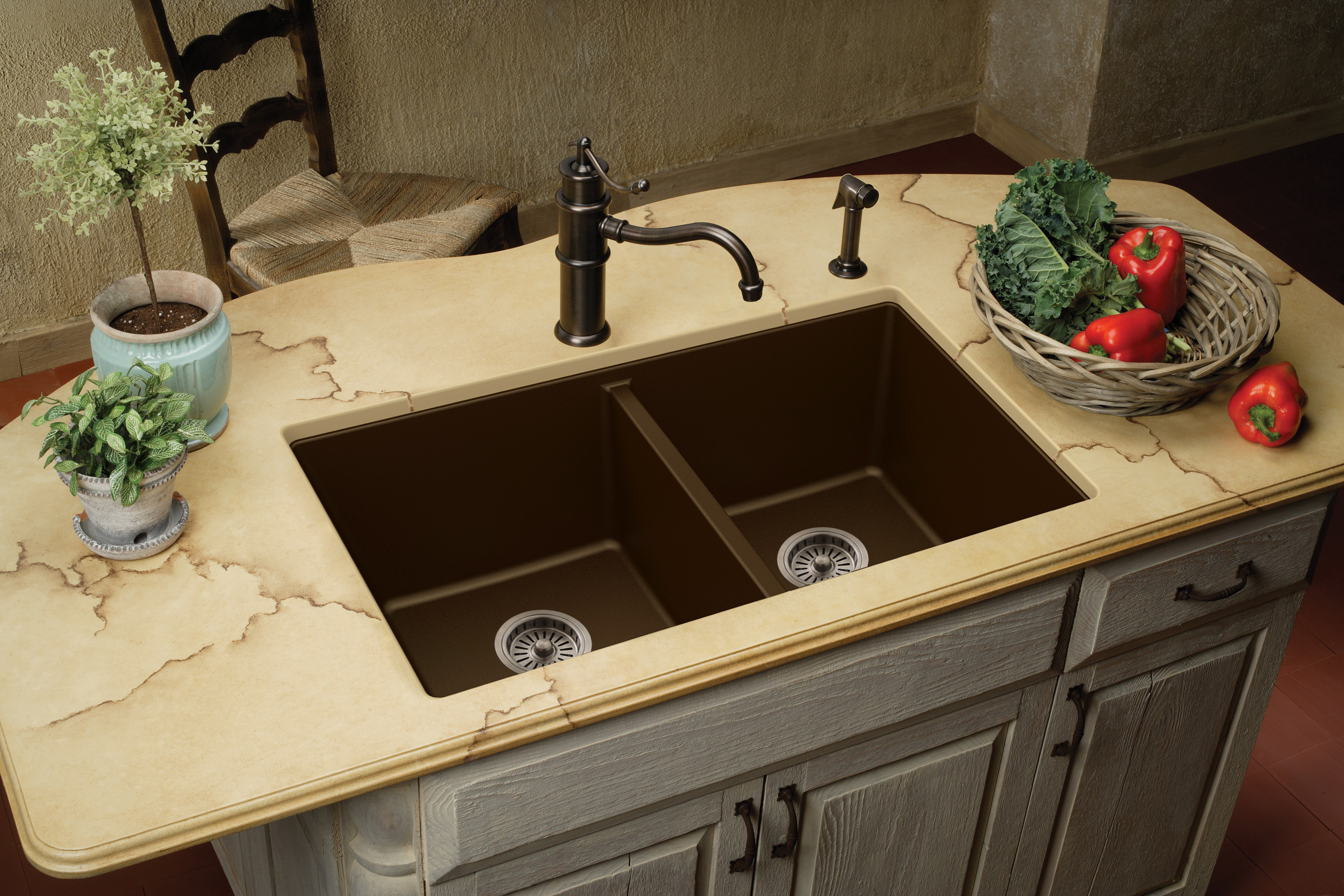
The Importance of Choosing the Right Kitchen Sink
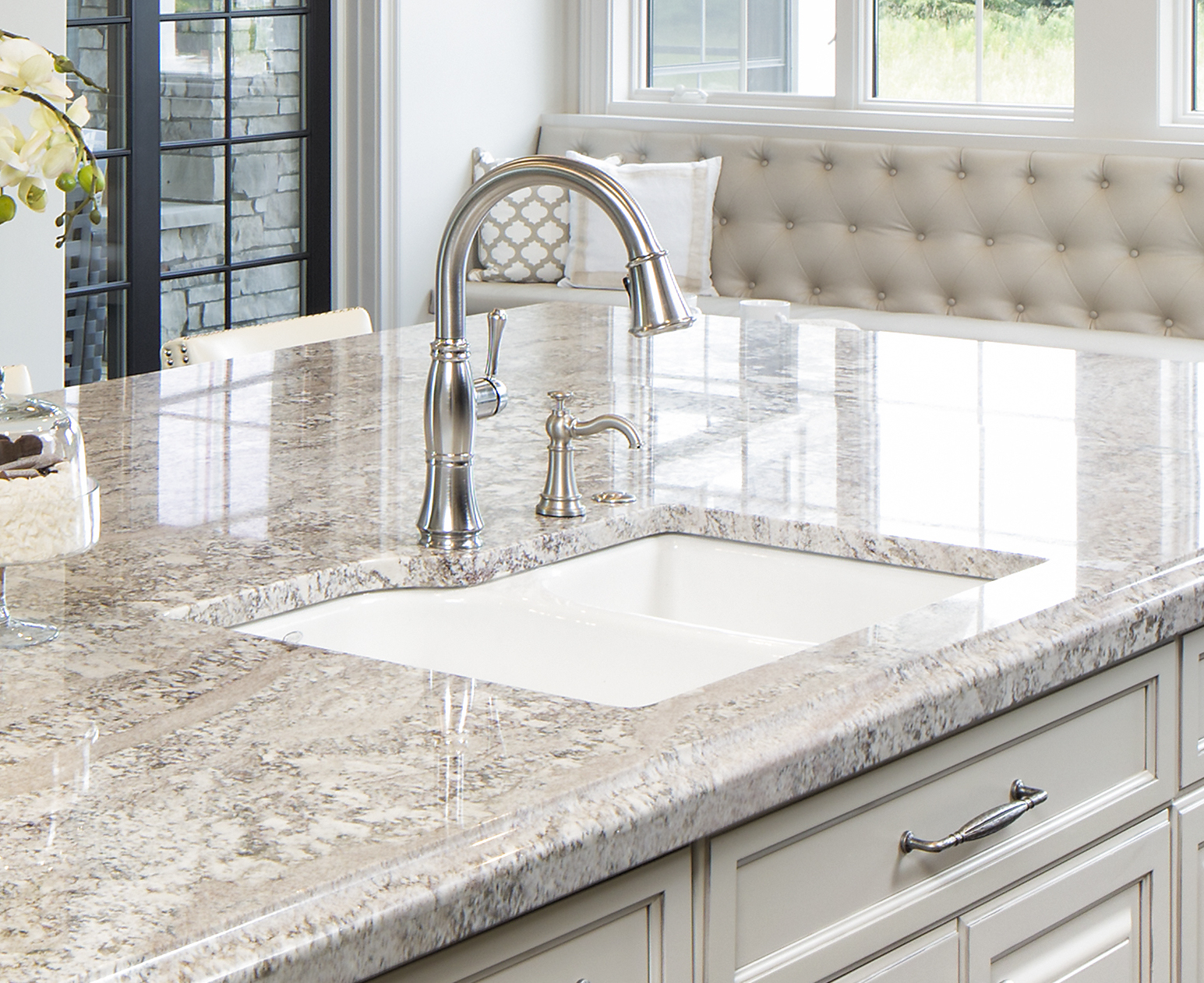 The kitchen sink is an essential element in any household. It's where we do our dishes, wash our hands, and prepare food. However, many homeowners don't realize the impact that choosing the wrong kitchen sink can have on their countertops. In particular, a heavy kitchen sink can cause serious problems for your countertop and ultimately affect the overall design of your kitchen.
Choosing a heavy kitchen sink can lead to a variety of issues, including:
The kitchen sink is an essential element in any household. It's where we do our dishes, wash our hands, and prepare food. However, many homeowners don't realize the impact that choosing the wrong kitchen sink can have on their countertops. In particular, a heavy kitchen sink can cause serious problems for your countertop and ultimately affect the overall design of your kitchen.
Choosing a heavy kitchen sink can lead to a variety of issues, including:
- Cracks and damage to your countertop
- Uneven and sagging countertops
- Difficulty with installation and maintenance
- Decreased functionality and efficiency in the kitchen
The Problem with Heavy Kitchen Sinks
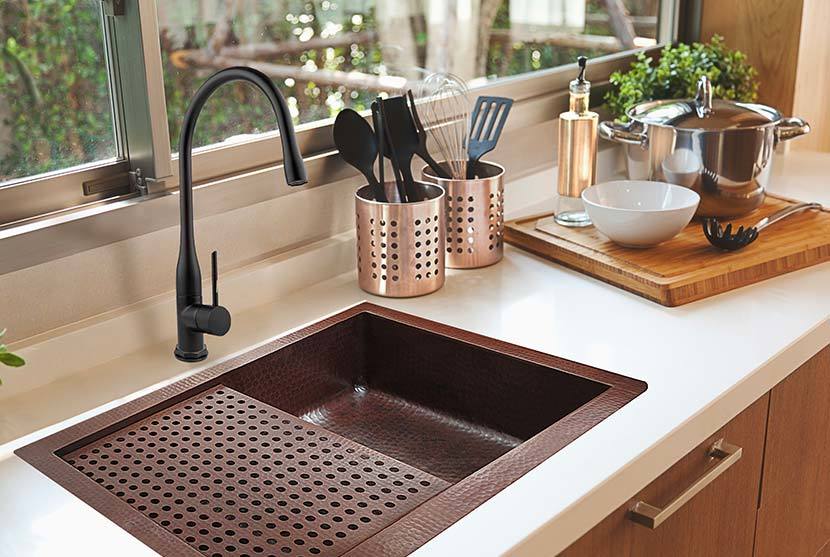 Many homeowners opt for heavy, stainless steel kitchen sinks because of their durability and sleek appearance. However, these sinks can weigh anywhere from 50 to 100 pounds, and when filled with water and dishes, the weight can increase significantly. This added weight can put immense pressure on your countertop, causing it to crack or even collapse.
Another issue with heavy kitchen sinks is the strain they put on the installation process.
This can lead to improper installation, which can also contribute to cracks and damage to your countertop over time. Additionally, heavy sinks can be challenging to clean and maintain, as the weight can make them difficult to remove for cleaning or repairs.
Many homeowners opt for heavy, stainless steel kitchen sinks because of their durability and sleek appearance. However, these sinks can weigh anywhere from 50 to 100 pounds, and when filled with water and dishes, the weight can increase significantly. This added weight can put immense pressure on your countertop, causing it to crack or even collapse.
Another issue with heavy kitchen sinks is the strain they put on the installation process.
This can lead to improper installation, which can also contribute to cracks and damage to your countertop over time. Additionally, heavy sinks can be challenging to clean and maintain, as the weight can make them difficult to remove for cleaning or repairs.
The Solution: Choosing the Right Kitchen Sink
 When it comes to choosing a kitchen sink, weight should be a significant consideration.
While it's essential to choose a durable and functional sink, it's equally important to ensure that it's not too heavy for your countertop to handle. There are plenty of lightweight and stylish options available, such as acrylic, composite, or even lightweight stainless steel sinks. These options not only offer durability and functionality but also reduce the strain on your countertop.
In addition to choosing a lighter sink, proper installation and maintenance are crucial for preventing damage to your countertop.
It's essential to have a professional install your sink and ensure that it's securely fastened to your countertop. Regular cleaning and maintenance can also help prevent any issues from arising.
When it comes to choosing a kitchen sink, weight should be a significant consideration.
While it's essential to choose a durable and functional sink, it's equally important to ensure that it's not too heavy for your countertop to handle. There are plenty of lightweight and stylish options available, such as acrylic, composite, or even lightweight stainless steel sinks. These options not only offer durability and functionality but also reduce the strain on your countertop.
In addition to choosing a lighter sink, proper installation and maintenance are crucial for preventing damage to your countertop.
It's essential to have a professional install your sink and ensure that it's securely fastened to your countertop. Regular cleaning and maintenance can also help prevent any issues from arising.
Conclusion
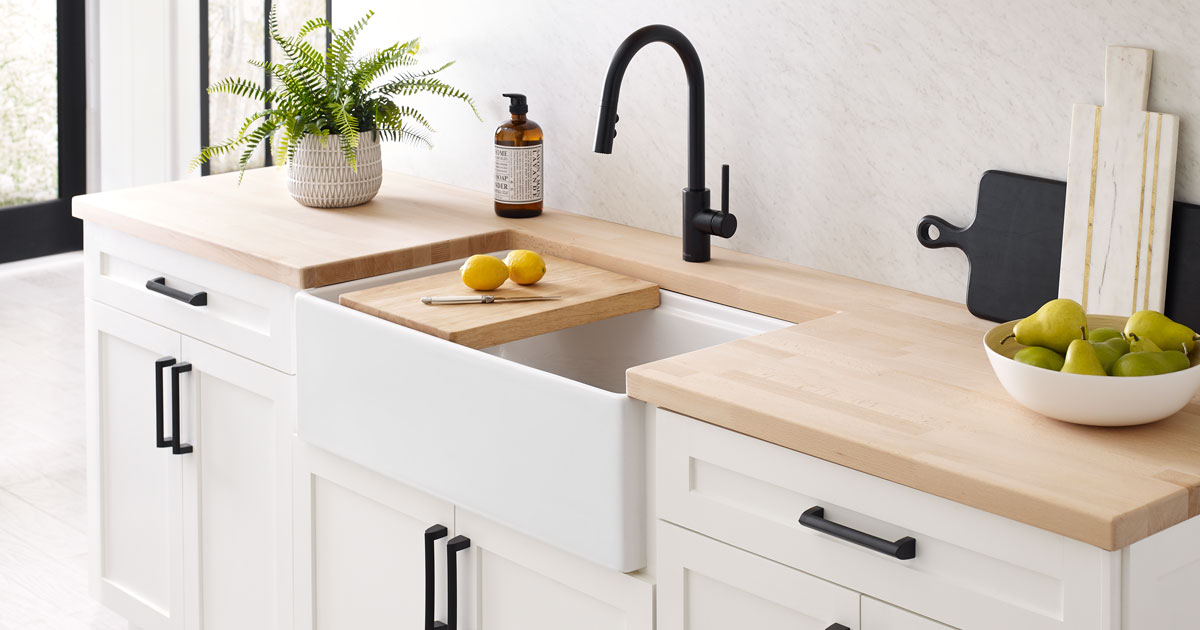 In conclusion, a heavy kitchen sink can cause significant problems for your countertop and the overall design of your kitchen.
By choosing a lighter sink and ensuring proper installation and maintenance, you can avoid these issues and have a functional and stylish kitchen for years to come.
Remember to always consider the weight of your sink when making design decisions for your kitchen.
In conclusion, a heavy kitchen sink can cause significant problems for your countertop and the overall design of your kitchen.
By choosing a lighter sink and ensuring proper installation and maintenance, you can avoid these issues and have a functional and stylish kitchen for years to come.
Remember to always consider the weight of your sink when making design decisions for your kitchen.



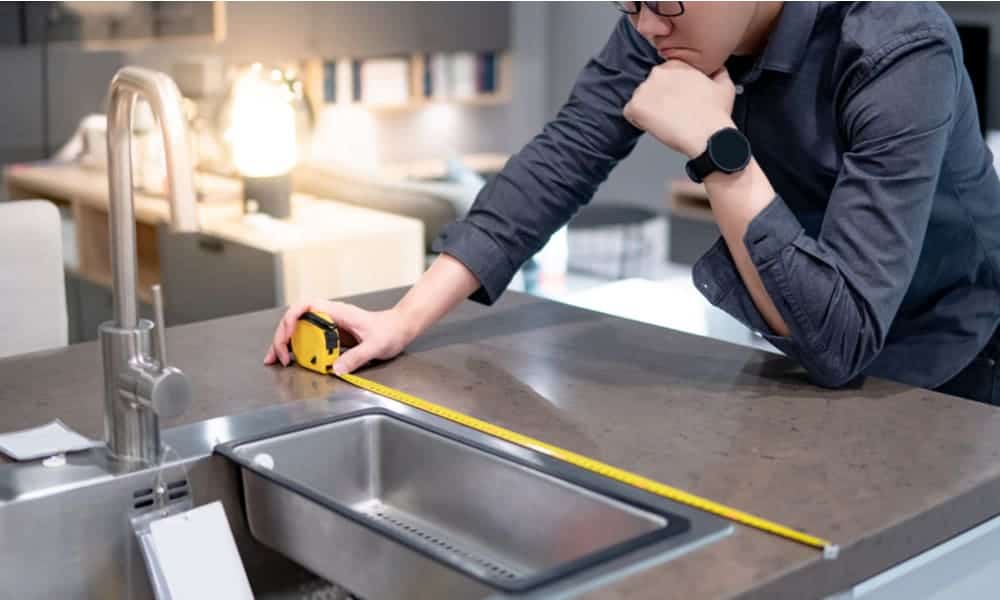
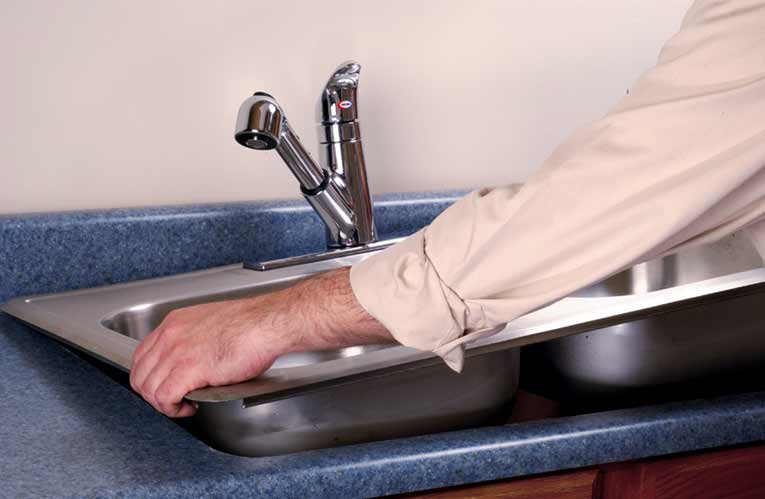

:max_bytes(150000):strip_icc()/Basic-kitchen-sink-types-1821207_color_rev-0b539306b9ef4236a136624ad2a89a4c.jpg)







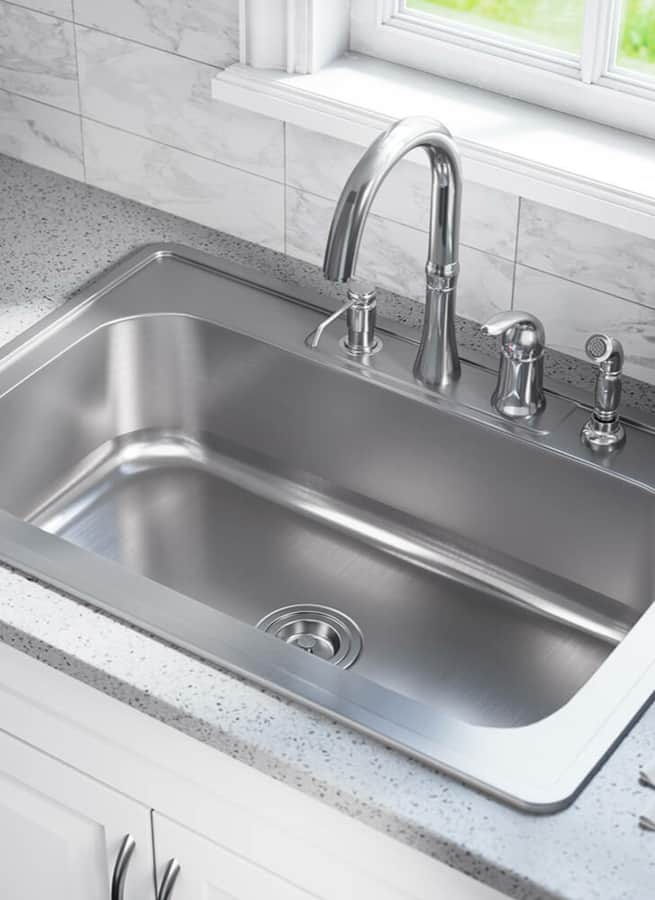

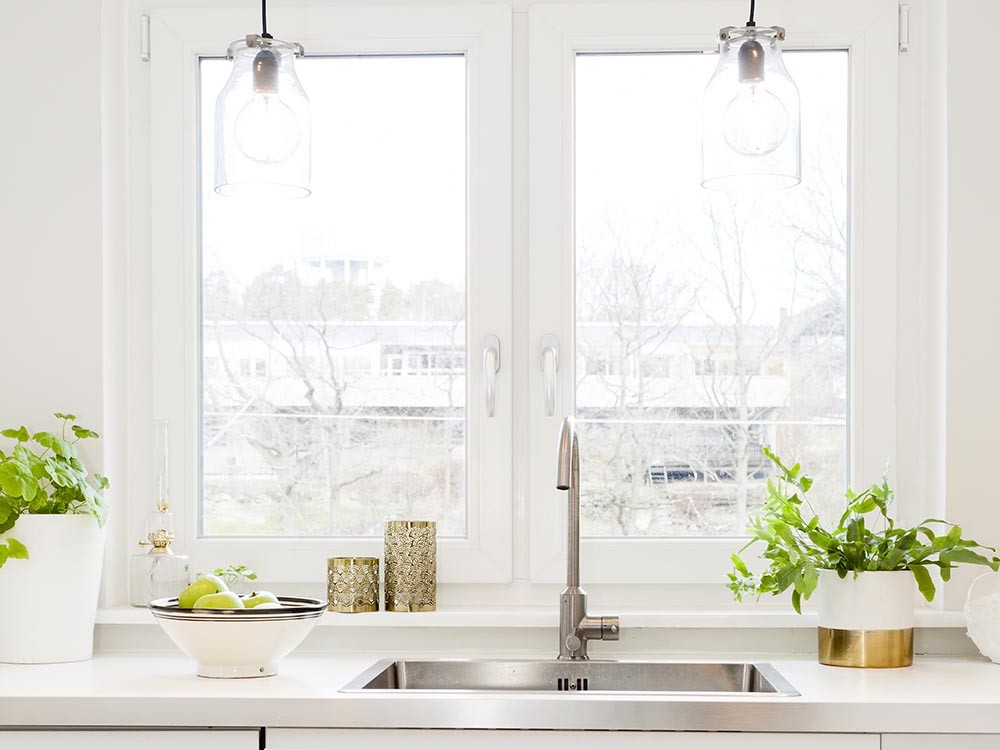
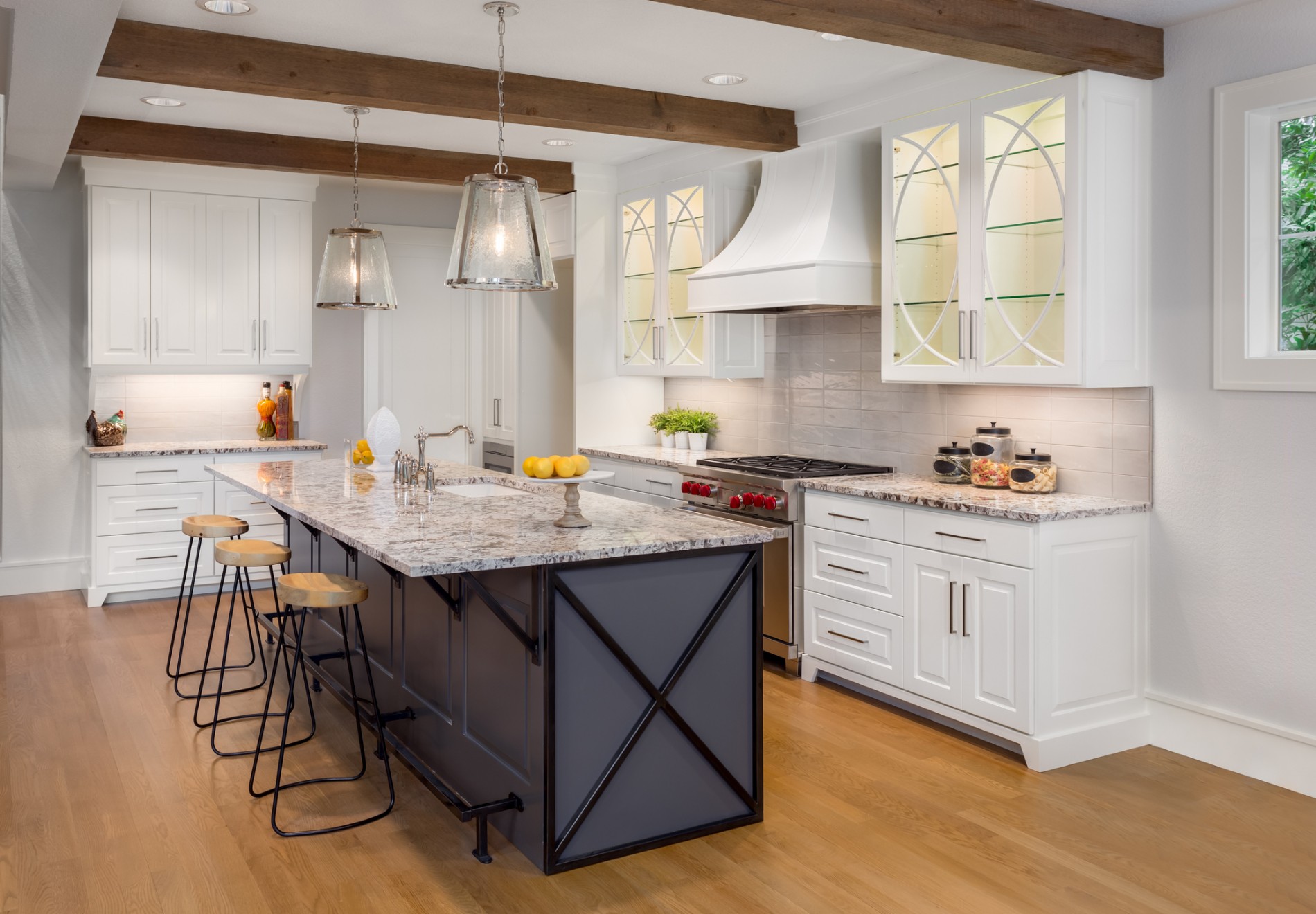
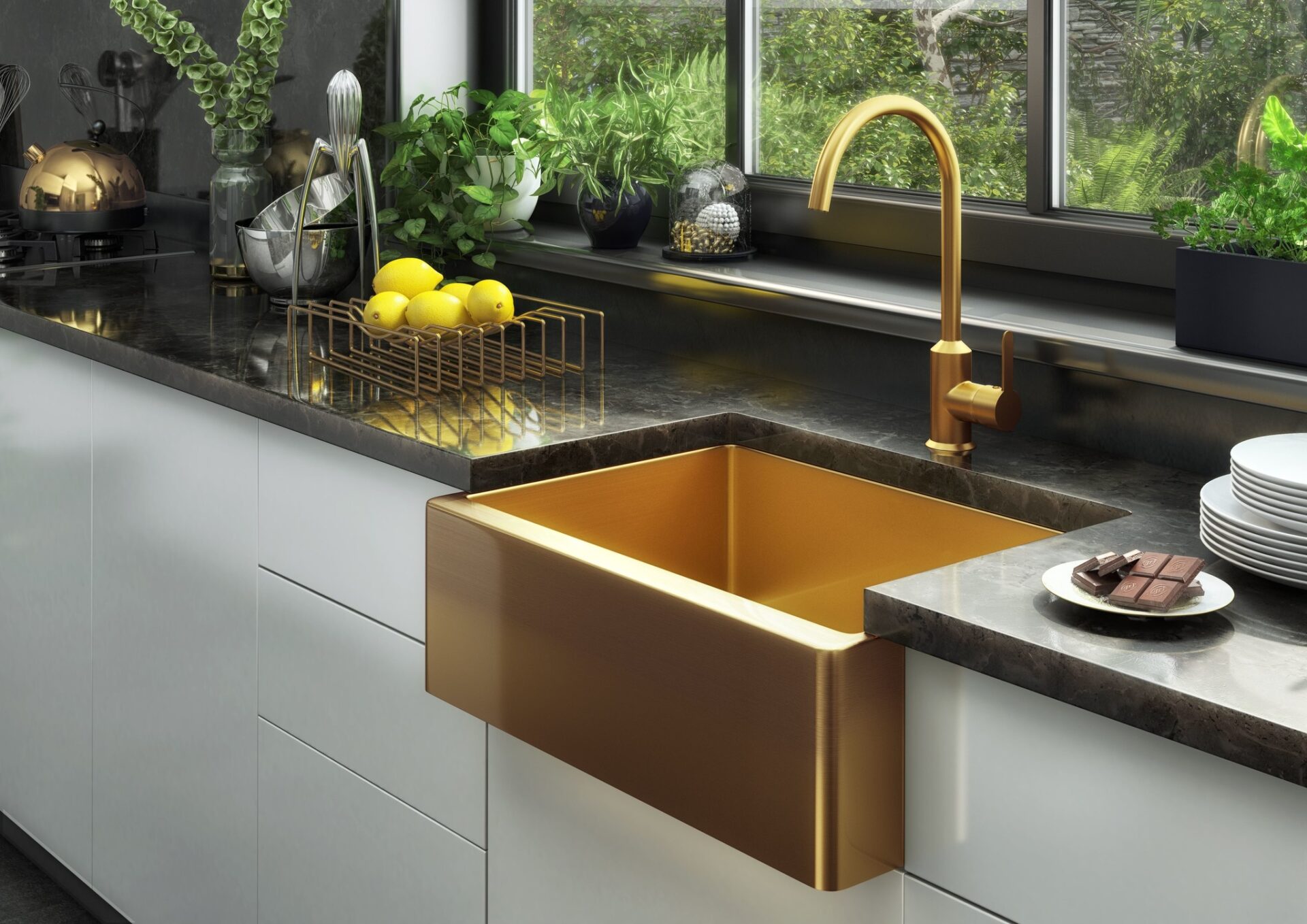
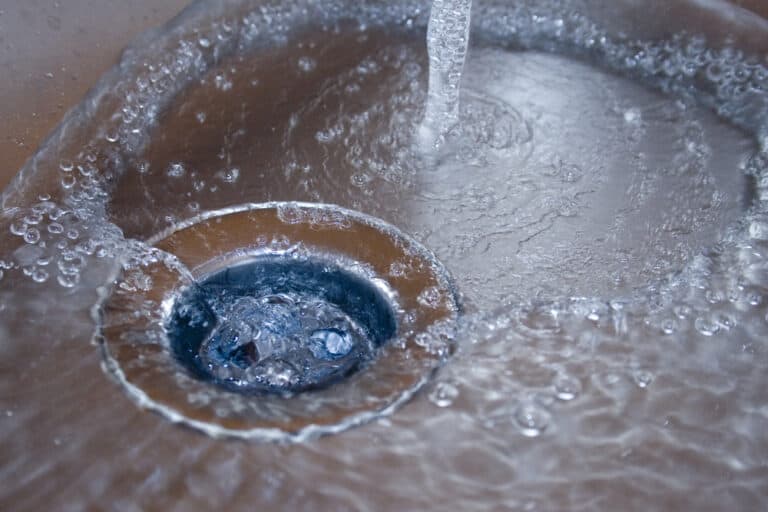

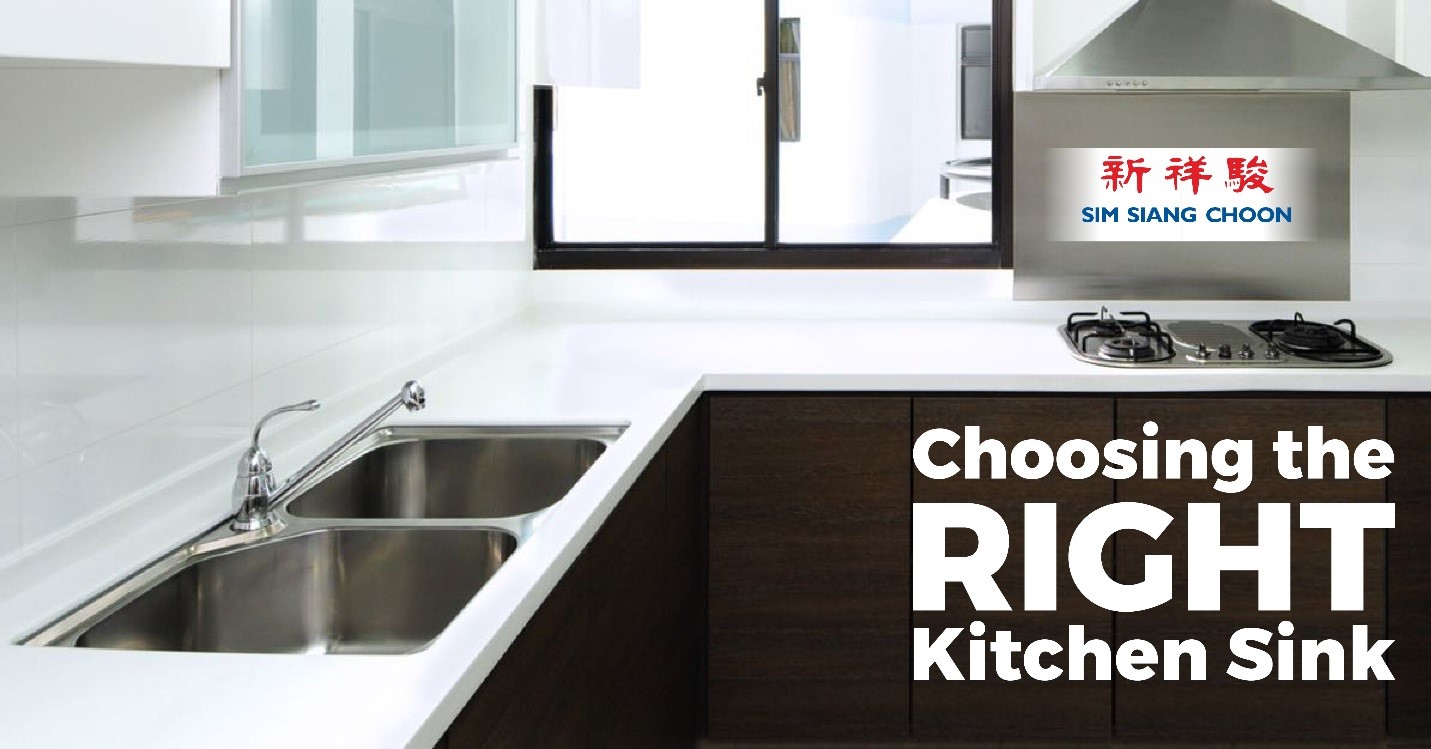
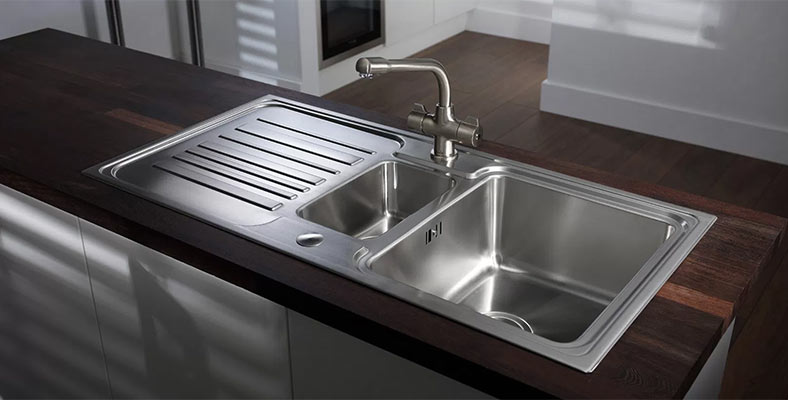

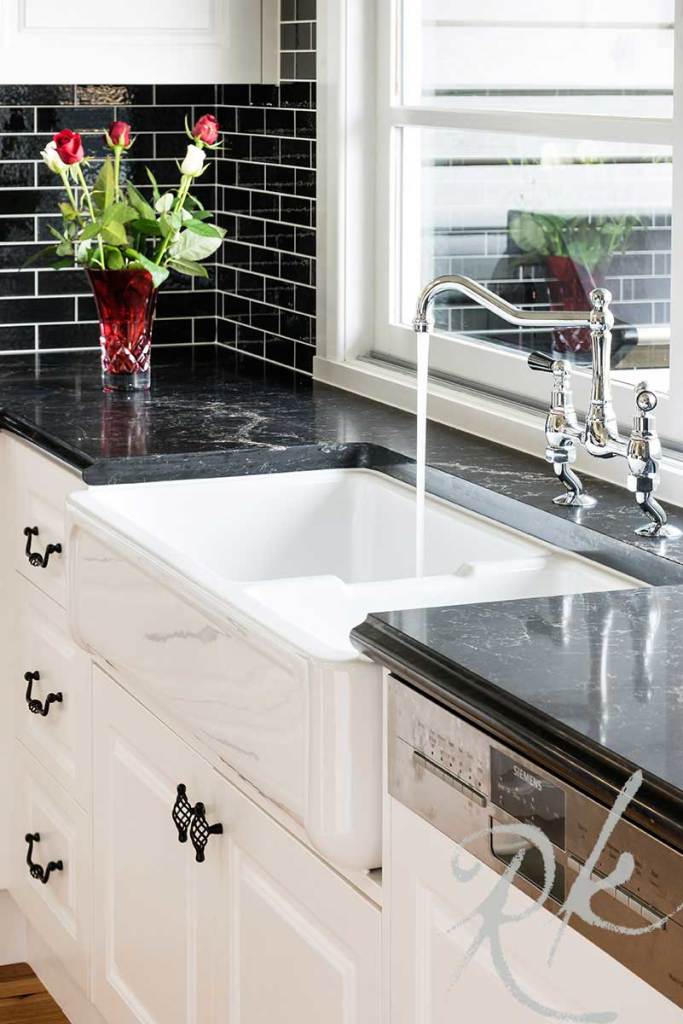
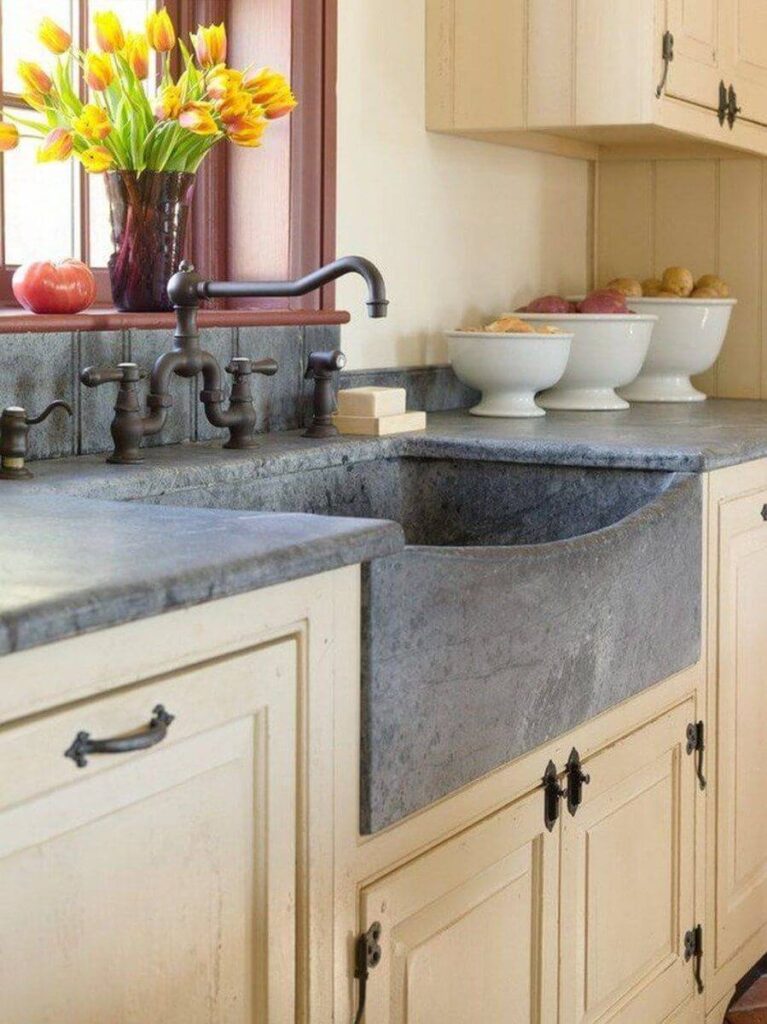



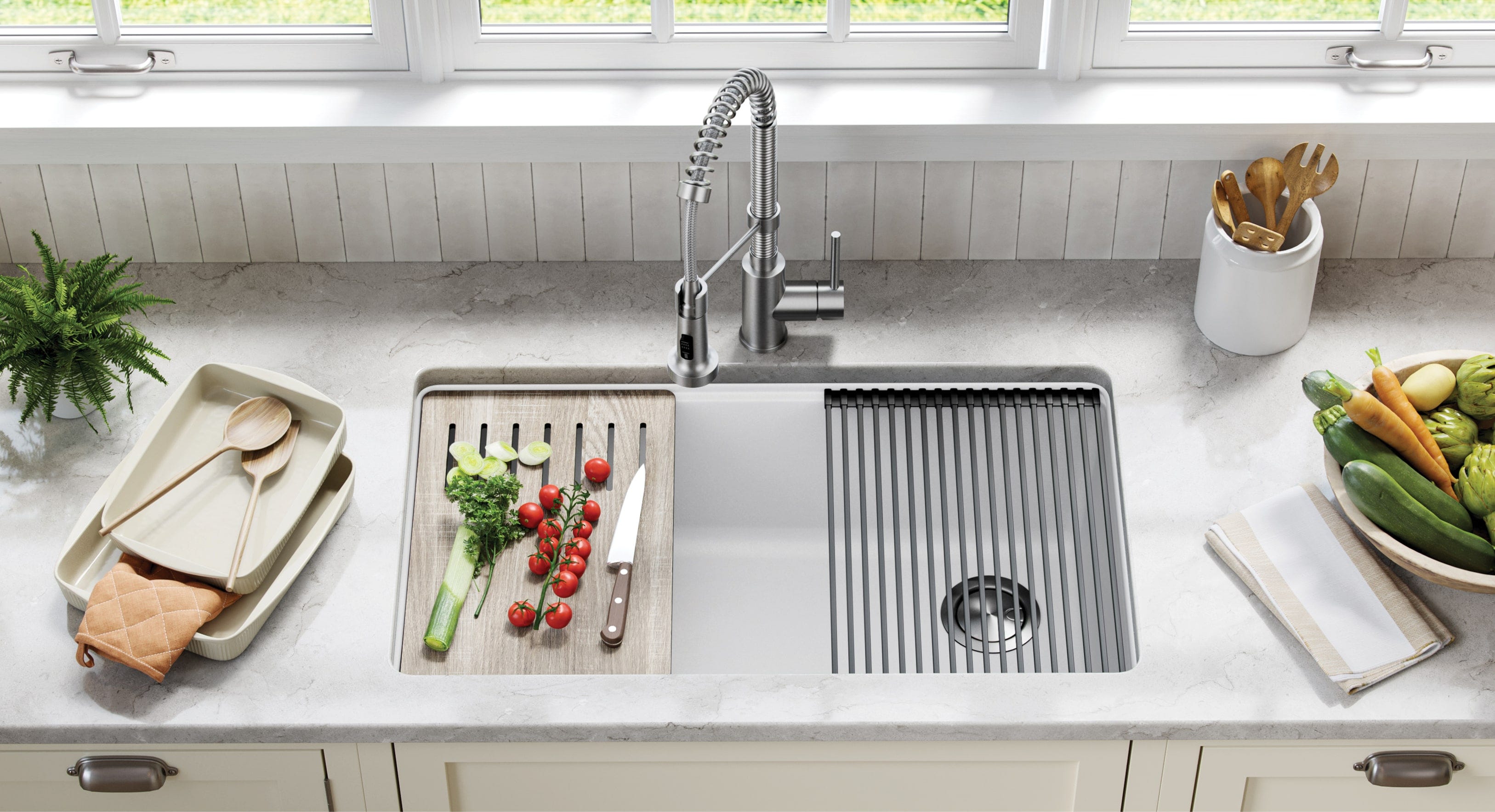

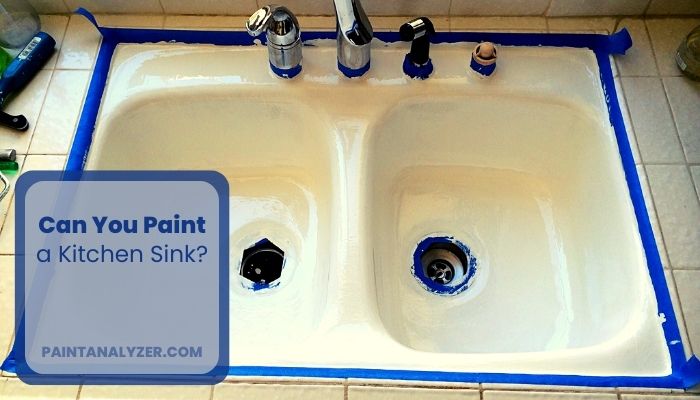












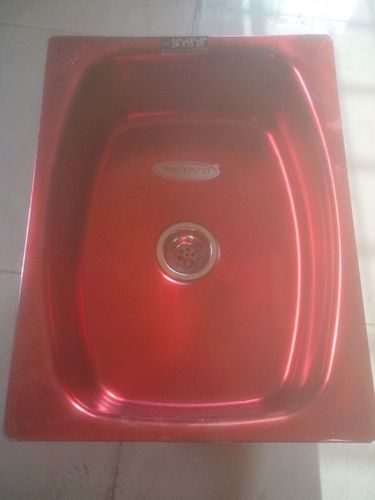
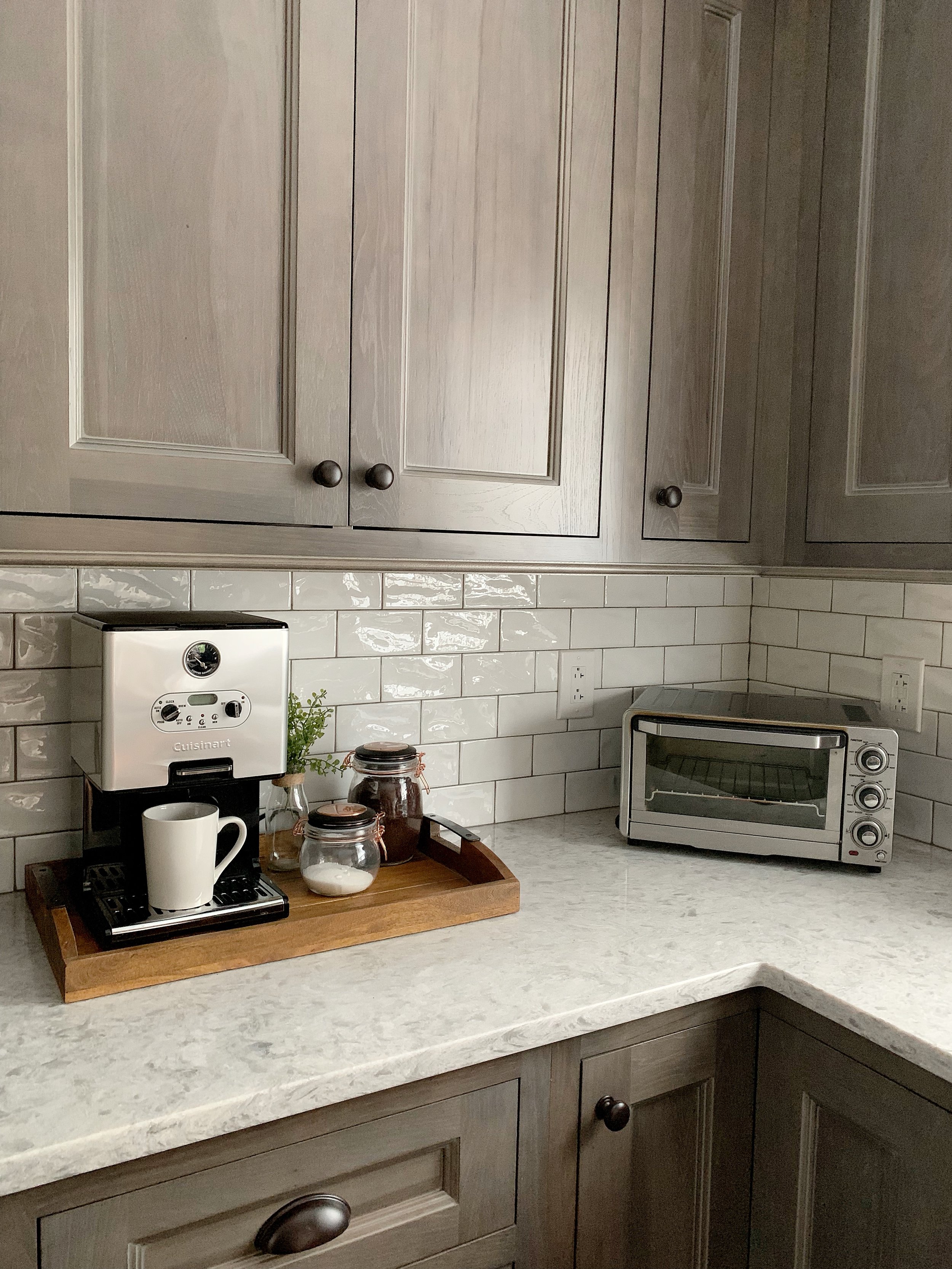




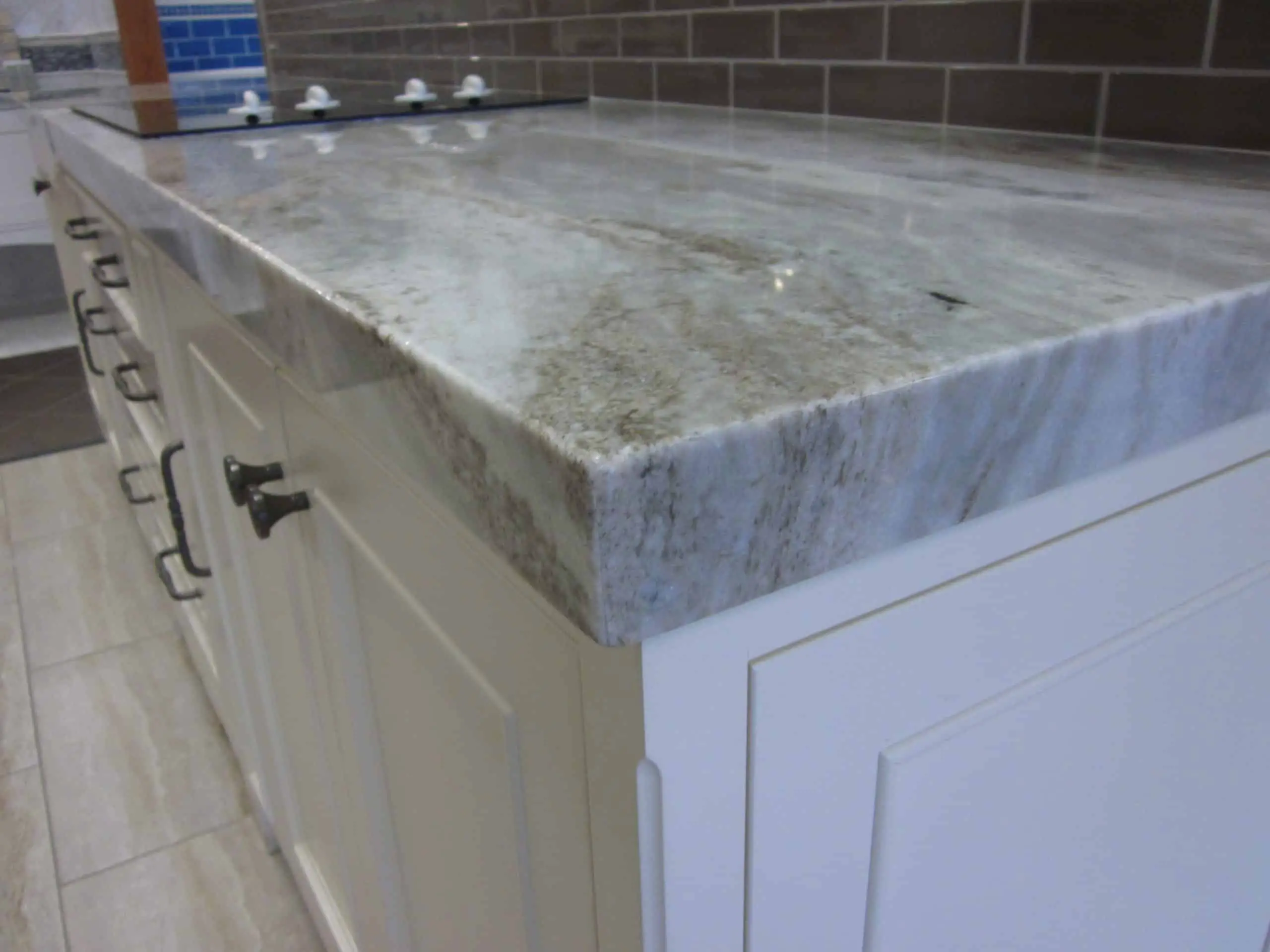




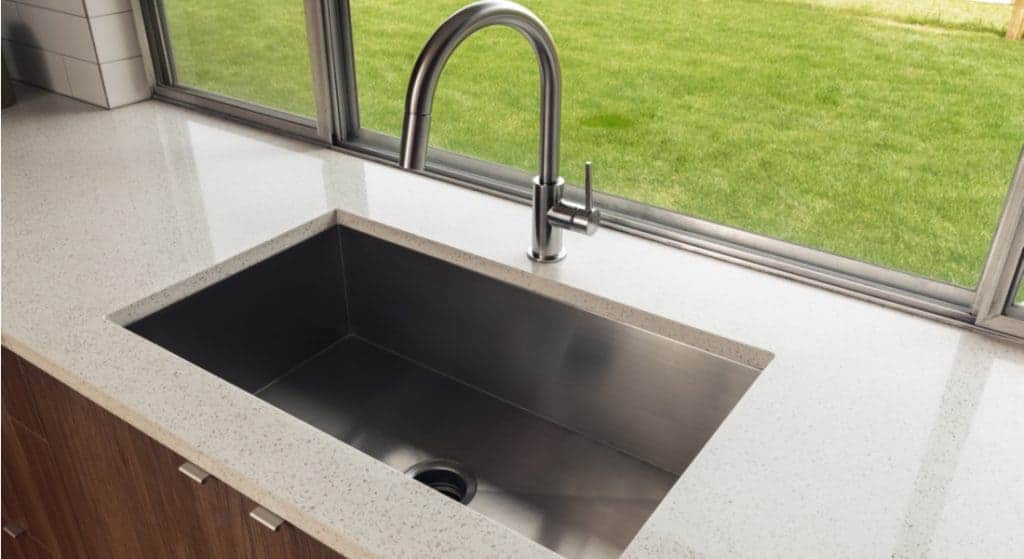
/120045890-56a527615f9b58b7d0db2c03.jpg)




